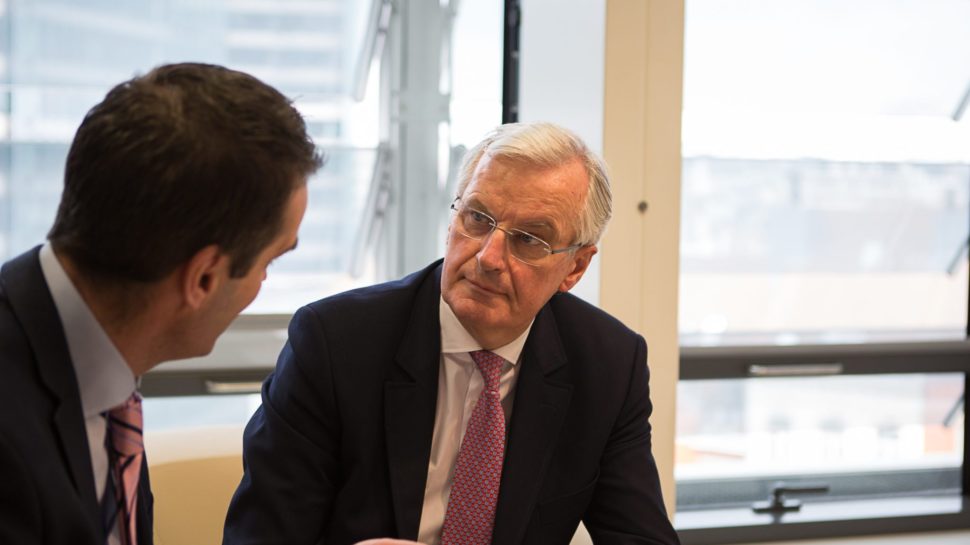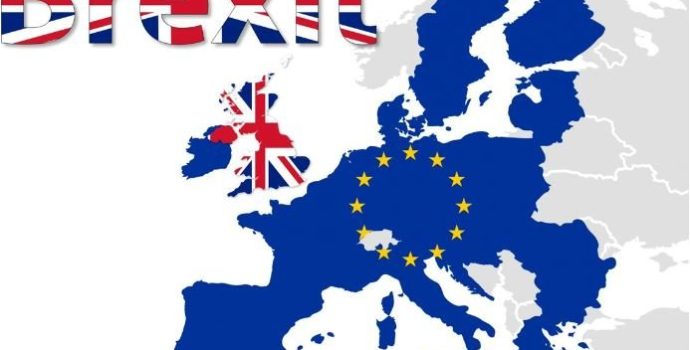Withdrawal Agreement Is Necessary to Avoid Disastrous Cliff Edge Brexit

IFA President Joe Healy said the agreement between the EU27 and the UK, which was endorsed at the special European Council meeting in Brussels, was critically important for the orderly withdrawal of the UK from the EU in four months’ time on 29th March 2019.
Joe Healy was speaking in Brussels following a briefing by EU Chief Negotiator Michel Barnier to COPA-COGECA.
Joe Healy said “IFA regards Brexit as a retrograde step for Europe and for Britain and the fact that it has taken two and a half years since the June 2016 referendum to hammer out the withdrawal deal demonstrates that there are no easy solutions”. He warned “there is no alternative deal possible and a no-deal, cliff-edge Brexit next March would be disastrous for Irish, British and European farmers”.
The IFA President said he endorsed the strong statement by the Presidents of the four farming unions in the UK supporting the withdrawal agreement.
The special EU summit signed off on both the withdrawal agreement, which is the draft “divorce” treaty setting out the terms of the UK’s withdrawal and the political declaration on the future EU-UK relationship which describes the aspirations of both sides to have a close partnership across trade and economic co-operation and in the area of security.
Joe Healy said “the critical elements of the withdrawal agreement for the Irish farming and food sector are the transition period, which means no change to trading conditions until 31st December 2020 at the earliest, and the backstop which is an insurance policy to ensure no hard border on the island of Ireland”. The IFA Presidents stressed that opponents of the deal had failed to put forward any credible alternative which would guarantee no hard border.
IFA noted that the political declaration calls for an ambitious EU-UK partnership going forward. However, Joe Healy said “the UK’s determination to leave the Single Market and pursue an independent trade policy is regrettable because it will inevitably lead to costly checks and controls on trade which will damage both Irish farmers and food exporters and their counterparts in the UK”.
The IFA President pointed out “Irish farmers’ interests lie in maintaining full access and frictionless trade, both north-south and east-west between Ireland and Britain, while retaining the full value of the UK market”.




